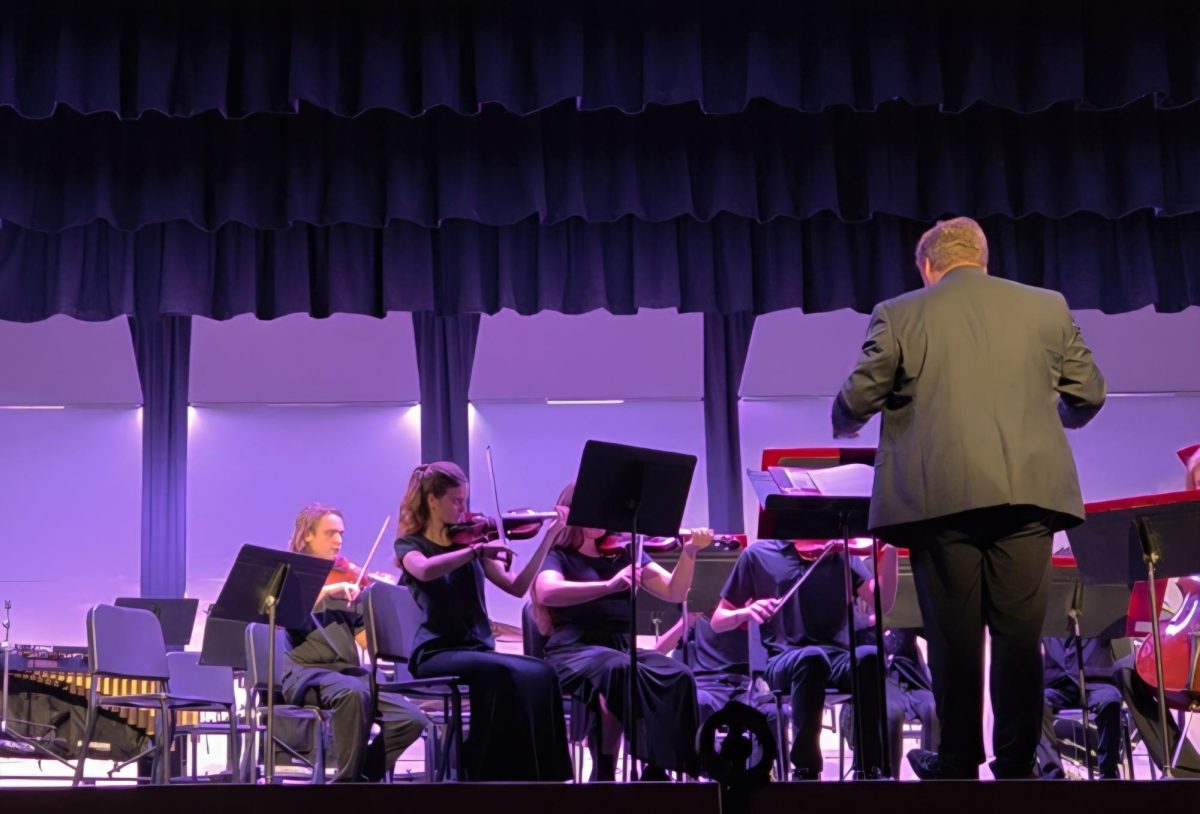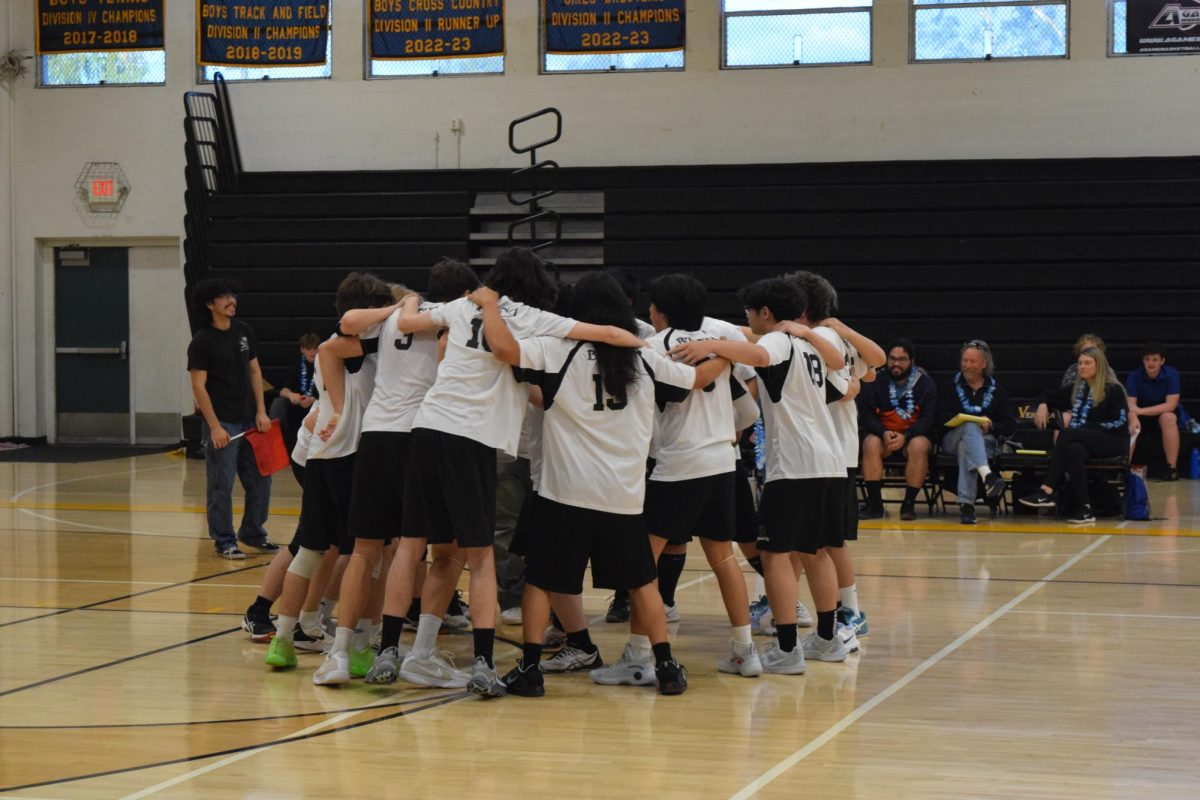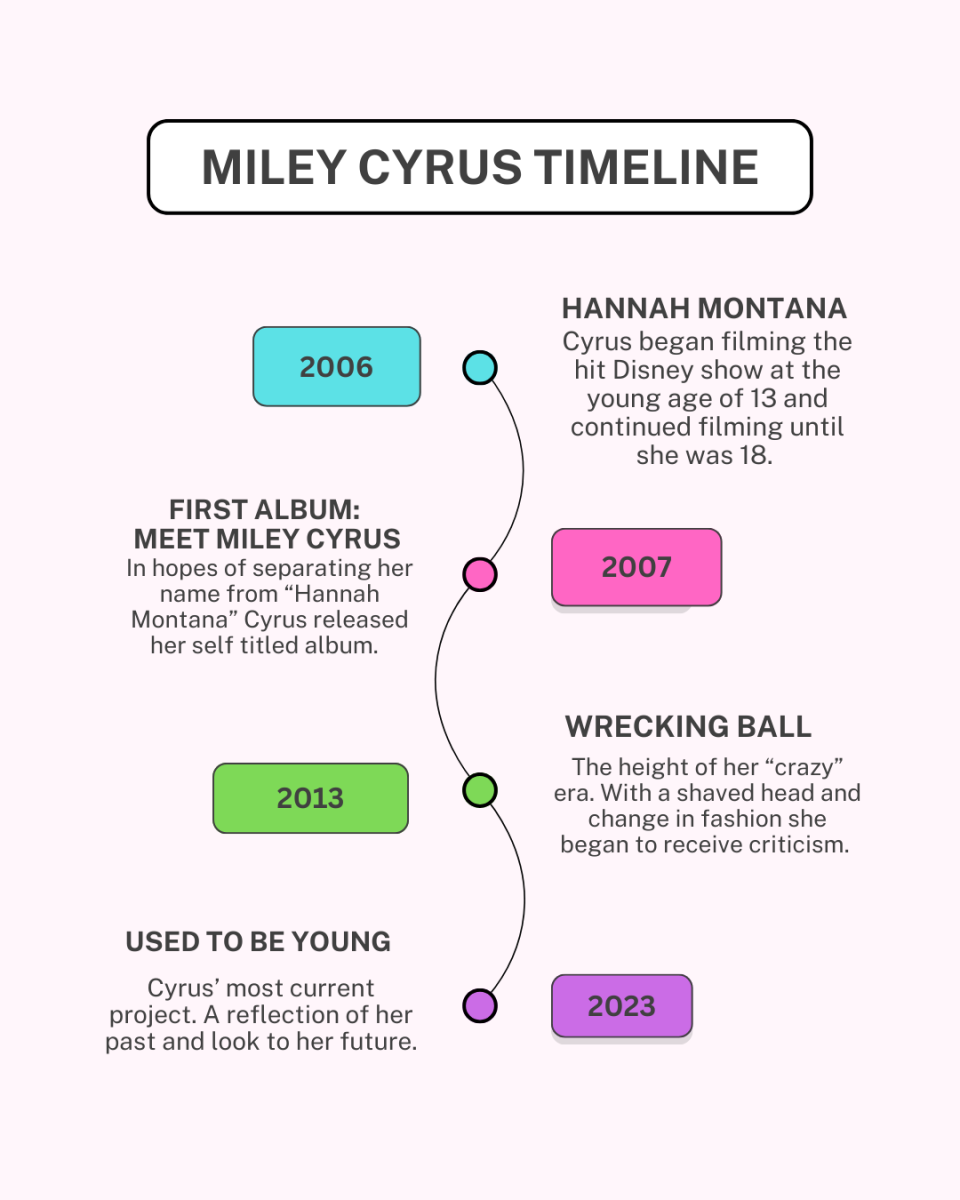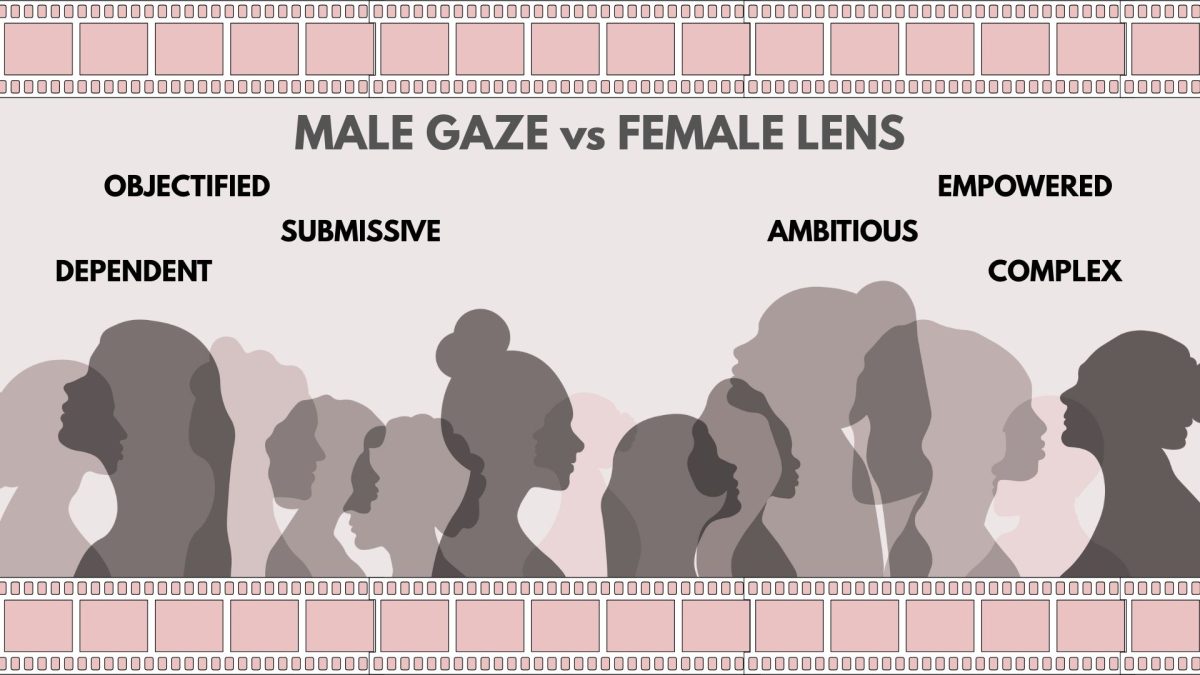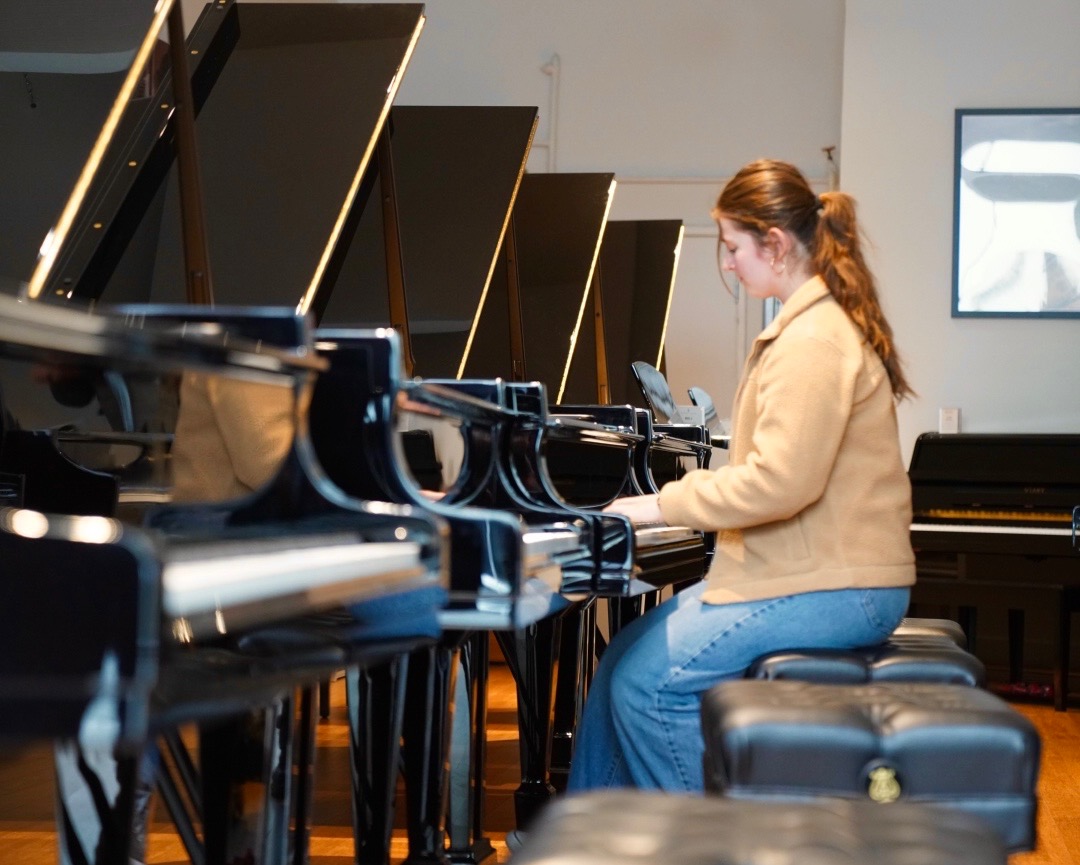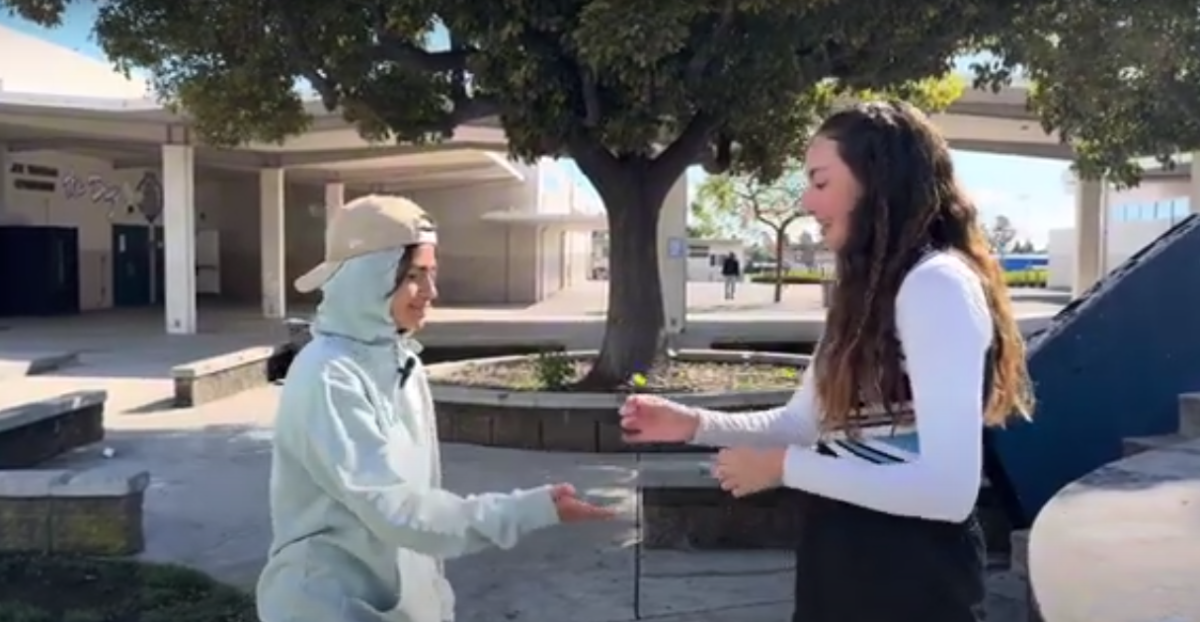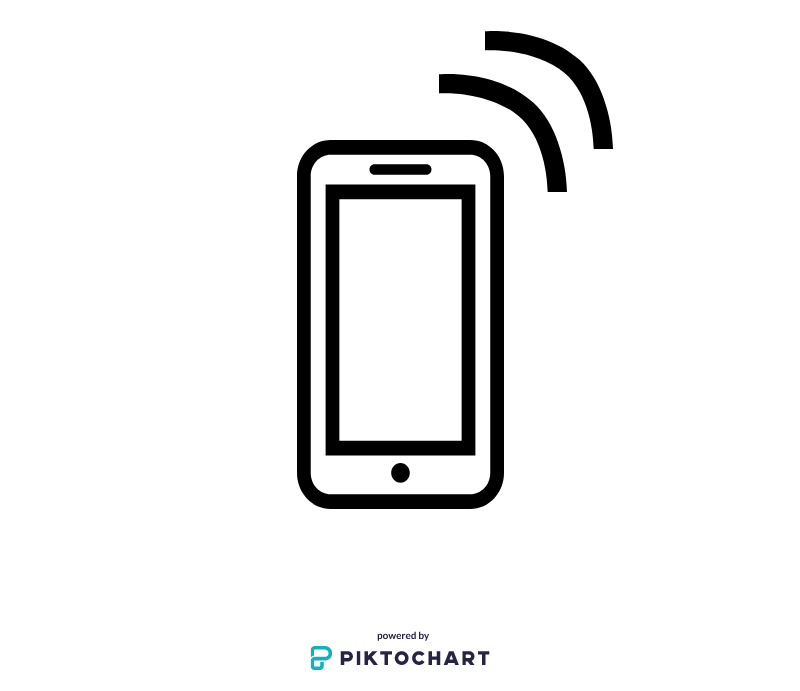Are parents overstepping teen’s boundaries?
For parents, new apps and technology are developed to watch over their teen children, offering reassurance that their children are safe. However, some teens believe this to be too invasive and offers little independence.
May 21, 2021
It is not too uncommon for teens to get annoyed with their parents, but it could be because parents are constantly overstepping your boundaries. Many teens experience the frustration of modern day technology making the invasion of teen privacy easier and more convenient than ever.
Now more than ever, there is constantly a way to track teens with our everyday devices. With 84% of teenagers having phones, it makes it much easier for parents to monitor their child’s activities. Due to an increase in criminal activity over the past few years many parents are weary of their children’s location. Apps such as Life 360 which is an app that offers safety features such as location sharing among family members or friends helps create an easier way to track people by the location of their phones. In enabling this app helps parents know the exact location of their child as well as any movements made. In many cases, many teens are vulnerable in these situations because both devices notify the group that a user turned off their location.
This has created controversy among teens. Some enjoy the feature of their parents knowing their location, according to a survey conducted by Life 360, “nearly 70% of teens are comfortable using a location sharing app with their family.” Although this statistic shows how comfortable teens are with the app, this also questions how many teens don’t feel comfortable with these sort of features. The remaining 30% shows that some don’t like their parents constantly checking their location, and would like to remain having their own privacy.
Despite this fact, the down side of this situation creates a sense of distrust in parents and teens. With this constant sense of surveillance, teens lose lack of privacy, and freedom from the relationships between their parents. In doing this may cause conflict between the parent and teen in the long term, a sense of distrust from the parent may lead the teen to rebellious situations and so on, therefore causing a strain in the relationship as they continue to grow into young adults.
To add on, with these newly developed features, teens may decide to rebel by leaving their phone at home, therefore not having any source of communication in a dangerous situation. In order to avoid these types of situations it would be easier for the teen to just communicate with their parents about their locations and the parents to develop trust with their child. By creating this form of trust helps give reassurance to both the parent and the teen, allowing there to be a healthy relationship built with safety and connection.
Even though some argue that these tracking apps are positive and safe, it seems as if the cons outweigh the pros. But to be fair, life 360 has developed new technology such as location history, crime reports, and SOS alerts. As safety is a priority, these features create easier access among parents and teens in communicating in an emergency situation.
It’s not uncommon for our parents to ask about our whereabouts and that’s okay, but apps like these initiate distrust within the family household, causing future distress among the family.

